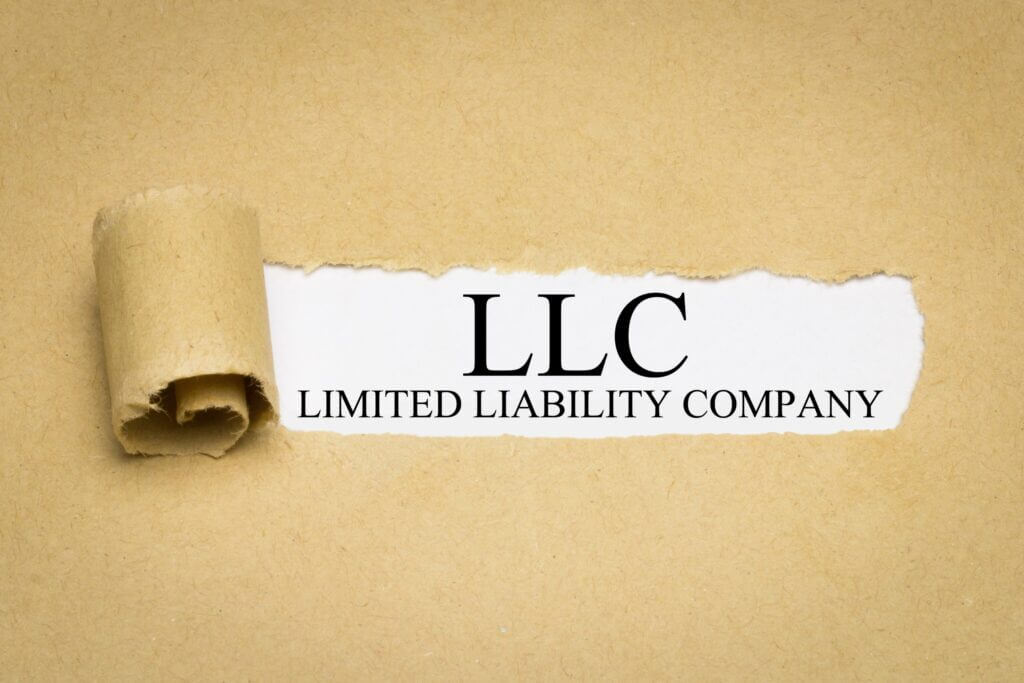Establishing a Private Limited Company in the UK. Benefits, Compliance, and Setup Guide

In the UK, a significant trend among emerging enterprises is observed through Companies House data, which as of March 2020, indicated a robust influx of over 690,000 private companies.
Notably, a vast majority, accounting for 96%, have opted for registration as private limited companies. This overwhelming preference among new startups signals the private limited company structure's advantageous position, offering a blend of flexibility, credibility, and limited liability to those embarking on new business ventures.
Understanding the nuances of a Limited Liability Business is crucial, particularly as it differs considerably from other company structures in the UK. Incorporating as a limited liability company grants the entity its own legal identity, shielding the controlling shareholder’s personal assets.
In this setup, liabilities are confined to the corporate domain, thus any financial obligations owed to creditors are the company’s responsibility, not the shareholders. While this offers a safeguard, there are instances where a director might still be required to offer a personal guarantee, which can blend the line between company and personal financial risk.
According to the UK Government website, the definition of Limited Liability company is:
The UK Government’s definition delineates a Limited Liability Company as one that is limited by shares. This structure is generally adopted by profit oriented businesses, and crucially, it implies that the company is a distinct legal entity from its operators.
Consequently, the financial aspects of the company are independent of personal finances. It possesses shares and shareholders, with the latter potentially benefiting from retained profits post corporate tax obligations.
Limited by shares
Limited by shares companies are usually businesses that make a profit. This means the company:
is legally separate from the people who run it
has separate finances from your personal ones
has shares and shareholders
- can keep any profits it makes after paying tax

Who benefits from a Limited Liability?
In the UK, entrepreneurs often gravitate towards establishing a private limited company due to the compelling advantages over the sole trader and partnership models.
Advantages Limited Liability:
Asset Protection and Limited Liability: A hallmark of the private limited company structure is the protection it offers to shareholders. In this arrangement, shareholders liabilities for debts are constrained strictly to their investment in the company, ensuring personal assets are not at risk.
Corporate Status: The stature of a private limited company often carries more weight in the business community. Rigorous financial reporting and compliance with Companies House requirements imbue a sense of reliability and professionalism that surpasses the perception of sole traders.
Tax Efficiency: Private limited companies in the UK enjoy the benefit of corporation tax rates, which are distinctly lower than personal income tax rates for sole traders. This tax advantage can be significant, especially with the ability to blend salary with dividends, which may result in a lower overall tax liability for directors.
Dividends vs Salary: Directors of a private limited company can strategically choose to draw a combination of salary and dividends. This approach can optimise personal tax positions, given the corporation tax deductibility of salaries and the favourable tax treatment of dividends under current tax legislation.
Financial Credibility: Private limited companies are often considered more credible to financial institutions, suppliers, and potential clients. This credibility can lead to better financing options and business opportunities.
Company Name Protection: When you register a private limited company, the company name is protected by law. No other business can register the same or a confusingly similar name, providing a clear corporate identity.
By choosing the private limited company route, UK businesses can leverage the protective framework it offers, ensuring they can confidently pursue their entrepreneurial ambitions.
The disadvantages of a Limited company.
While the tax benefits of a private limited company are enticing, there are certain complexities and legal responsibilities to consider:
Director Disqualification: If an individual is declared bankrupt or is disqualified from acting as a director, they are legally barred from setting up a limited company within the UK.
Public Disclosure: Incorporating as a private limited company mandates public disclosure of both personal and corporate details, making them accessible on the UK Companies House website.
Complex Accounting Requirements: The financial management of a private limited company often necessitates hiring a qualified accountant due to the intricate corporate tax services and accounting requirements.
Withdrawal of Funds: Directors must comply with stringent legal procedures when withdrawing dividends or salary, adhering to the rules on distributable profits and avoiding personal liabilities.
Annual Filings: The company is required to submit an annual return and accounts to HMRC, ensuring all financial activities are transparent and up to date.
Maintaining Records: There is an imperative to maintain comprehensive records, including financial transactions, shareholder agreements, and minutes of meetings, as part of the company’s legal entity and structure.
Changes in Company Details: Any amendments, whether it’s a change in director duties or shareholder structure, must be reported immediately to Companies House.
Navigating through these company accounts and compliance obligations underscores the importance of understanding the pros and cons of a limited company to ensure informed decision-making for your business.

Registering a Limited Company in the UK - Step-by-Step Guide
Embarking on the journey of registering a limited company in the UK can be swift and economical. Here’s how you can accomplish this foundational step for your business:
Official Registration: Commence your limited company registration via the official GOV.UK website. With a nominal fee starting from just £12, the process is streamlined to be completed within 24 hours, subject to the provision of all necessary details.
Choosing Your Company Name: This platform offers a company name check service to ensure your desired name is unique and adheres to the requirements set by Companies House.
Company Formation Agents: For a more guided experience, consider the expertise of company formation agents. These professionals can assist with the complete process, from consultancy to filing company accounts with HMRC, offering a one-stop solution to ensure regulatory compliance.
Certificate of Incorporation: Upon successful registration, your business will be issued a Certificate of Incorporation along with a distinct company number, milestones that signify your entity’s legal inception.
HMRC Registration: It’s crucial to register limited company accounts with HMRC within three months of initiating trade. This step is imperative to avoid any non-compliance penalties and establishes your business’s commitment to adhering to the UK’s corporate tax regulations.
Annual Requirements: Don’t forget the ongoing requirement to file an annual return to Companies House, which is a snapshot of general information about your company’s structure and finances.
By following these steps and utilising the resources available, setting up your business can be a well-informed and efficient process.
Conclusion - Embracing the Advantages of a Limited Company in the UK
Opting for a private limited company offers numerous advantages for entrepreneurs looking to safeguard their personal assets and enhance their financial security. This business structure not only provides substantial asset protection but also instils a greater sense of credibility and professional integrity.
Managing Compliance and Paperwork: While the benefits are significant, potential owners should be aware of the increased administrative responsibilities. Regular reporting and detailed record-keeping are crucial, often necessitating the expertise of a professional accountant. This partnership can help ensure compliance with UK taxation and corporate regulations, which require financial records to be maintained for up to seven years.
Preferred Choice Among Entrepreneurs: The popularity of the limited company structure continues to rise, with over 90% of new business registrations opting for this form. The reasons are clear, tax benefits, enhanced protection, and potential for growth make it an attractive option.
For those considering this route, setting up a private limited company in the UK is a strategic decision that aligns with long-term business goals and compliance with UK corporate tax laws. Whether you’re a seasoned entrepreneur or just starting out, the advantages of incorporating as a limited company can significantly outweigh the initial setup complexities.
As mentioned above, this is a popular choice when businesses are thinking about starting up, with over 90% of applicants choosing to go Limited. With those kinds of figures, it is hard to see why not.
Working on cars doesn’t have to be difficult
Post your job for free
Categories
Automotive Wheel Refurbishment
Automotive Upholstery and trimming
Automotive Fabricator
Automotive Suspension Alignment
Automotive Carbon Composite
Automotive Coach Builder
Race car Data Engineer
Engine Builder
Automotive Fibreglass Composite
Automotive Dyno Technician
Automotive Gearbox Specialist
Automotive Transportation
Automotive Electrician
Automotive Turbo Specialist